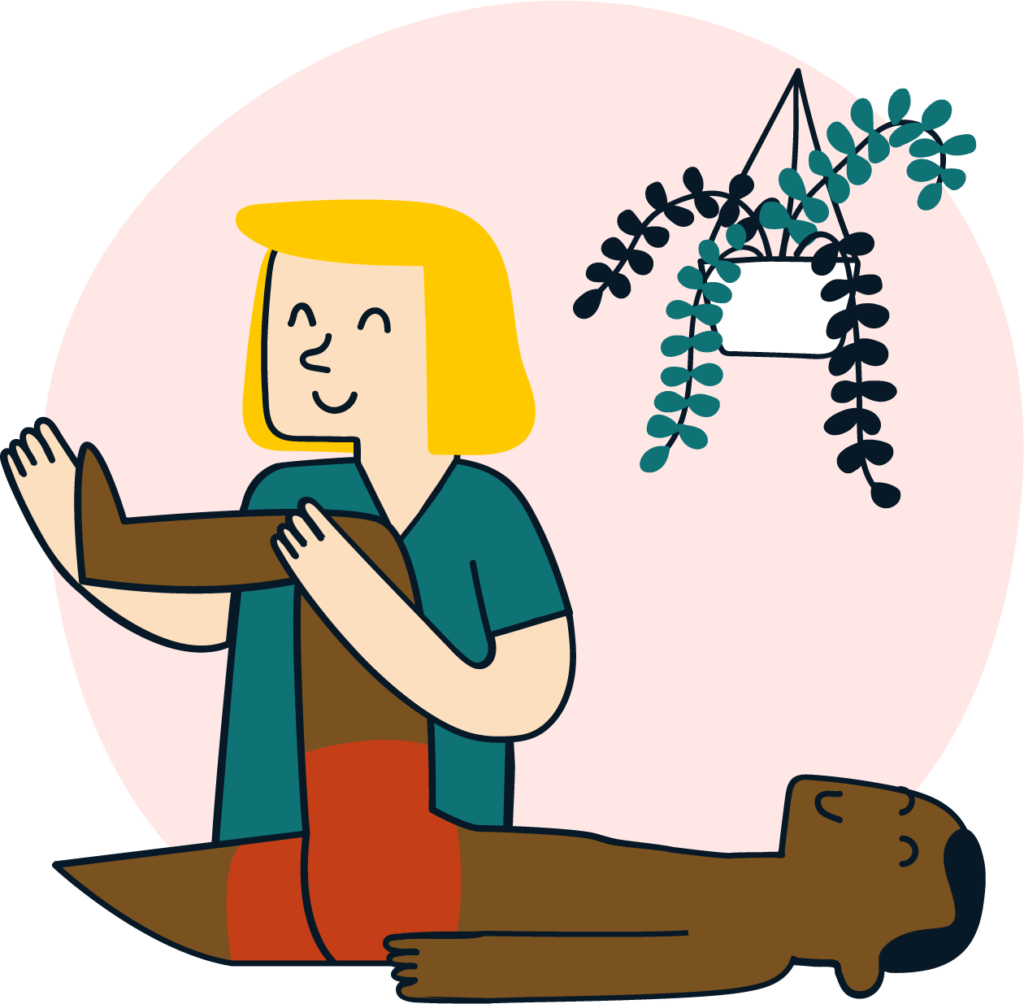
Osteopathy is a method of care that works to identify and treat mobility restrictions that can affect all of the structures that make up the human body.
Any loss of mobility in the joints, muscles, ligaments or viscera can cause an imbalance in health. Osteopathy is based on the body’s ability to self-balance and on a deep knowledge of anatomy.
Osteopathy is based on three original concepts:
It requires specific skills, in-depth knowledge of the functioning of the human body and the interactions between each of its systems.
It prevents and treats many physical disorders and also acts on the nervous, functional and psychological levels. It helps everyone to manage, in a responsible and autonomous manner, their “life capital” for daily well-being.
Our experienced osteopaths use a range of manual techniques to address musculoskeletal issues, relieve pain, and enhance your body’s natural healing processes.
Whether you’re dealing with chronic pain, recovering from an injury, or seeking to improve your posture and mobility, our tailored osteopathic treatments are designed to meet your unique needs.
Book an appointment with us today and discover how our personalized approach can help you achieve lasting relief and optimal function.
Our dedicated team is here to support you on your journey to better health—schedule your visit now and take the first step towards a healthier, more balanced life.
Description
Most of our patients consult because they are painful.
The difficulty with these consultations is that the pain is neither a diagnosis nor a concrete problem.
It is a symptom, or in other words the consequence of a real problem. Indeed, pain is your body’s warning signal that alerts you to an inner problem. For example, if you burn yourself, the pain you feel will cause you to quickly remove your hand from the hot spring.
Our goal as a therapist is, not only to decrease pain, but above all to diagnose the cause of it and eliminate it to prevent its recurrence and potential damage to your body.
The most common causes are:
The Temporo Mandibular Joint (TMJ) often presents blockages leading to clicks, difficulty opening the mouth or even complete blockage of the jaw.
These blockages can affect other areas creating dental pain, headaches or neck pain.
The main causes of dysfunction are:
Once the root cause of the dysfunction has been determined, our therapist will use a combination of techniques including trigger points, functional techniques, and myofascial relaxation techniques. All this with the aim of reducing the symptoms and also eliminating the predisposition and the factors that maintain your problem.
Abdominal discomfort can originate in abdominal dysfunction (such as constipation, menstruation pain or tissue adhesions) and can be associated with other problems (postural, breathing).
In visceral osteopathy, not only will the therapist restore mobility and elasticity to the tissues of the frozen areas, but he will also use a more global approach to analyze the impact of this dysfunction on the rest of the body, by wearing a special interest in the diaphragm and compensatory postures.
This approach is particularly beneficial in the case of:
Cranial osteopathy acts on the system made up of the skull, the spine and their interactions with the rest of the body.
The therapist will apply very light pressure to examine the patient and release potential tensions in order to restore correct body mobility and rhythm.
This approach is commonly used with babies because the techniques are safe and effective.
It is particularly effective in the case of:
The purpose of visceral manipulation is to identify and treat areas of dysfunction due to a lack of mobility, tone or movement of the organ and the connective tissues that surround it.
Thanks to gentle visceral manipulations, the function of the organ as well as its system will be improved, thus restoring the functional structure of the whole body.
These techniques were developed by the French physiotherapist and osteopath, Jean Pierre Barral.
They are particularly effective for:
Constipation and gas
Constipation in babies is manifested by periods without passing stool causing pain and followed by periods of relaxation when the rectum is empty.
The baby’s abdomen is often very tight and gives the impression of swelling.
Gas and digestive problems can have less obvious repercussions, such as not getting enough sleep, having difficulty falling asleep, or crying inconsolably for hours.
Thanks to visceral osteopathy , the therapist will not only restore mobility to the frozen abdominal tissues but will also use a global approach to analyze the impact of these abdominal dysfunctions on the rest of the body with a particular interest for the diaphragm.
Reflux and vomiting should not be confused ( http://www.nhs.uk/conditions/vomiting-children-babies/Pages/Introduction.aspx ), the second being due to a violent contraction of the baby’s abdominal muscles, causing passively the contents of the stomach through the esophagus and then the mouth.
While some reflux symptoms are fairly obvious (your baby spits out everything they swallow, for example), others will be quieter:
The main cause of these problems is the immaturity of the baby’s digestive system. This is why the symptoms decrease or even resolve around 6 months.
The second cause is food. Whether it is breast milk or manufactured milk, they can constipate the baby, give gas and reflux. For industrial milk, it is sometimes necessary to change milk in order to see the impact of this on the digestion of the child.
If you are breastfeeding, your diet will need to be changed. Stopping irritating foods such as spices, vinegars, coffee, chocolate, dairy products and stimulants such as nicotine can reduce or even solve the problem.
Here are some other tips to follow:
Osteopathy does not resolve the first cause (digestive immaturity or diet) but the treatment is very effective in reducing symptoms by reducing abdominal and diaphragmatic tension.
This at least allows your child to have symptom-free periods by giving the digestive system time to mature or change their diet.
Discover our specialized physiotherapy and perineology care, supporting women through pregnancy, post-partum, menopause, and beyond. We offer tailored treatments for pregnancy pain, prolapse, and more, using advanced techniques like lymphatic drainage.
To better serve you, we welcome you at three convenient locations. Choose the one that suits you best and book your appointment today for personalized care!
Our team consists of highly trained physiotherapists and osteopaths with decades of experience. Each therapist is an expert in his/her field: Women's Health, Baby Physio, MSK (musculoskeletal), and Sports Physio, ensuring the best care tailored to your needs.
All our therapists hold advanced degrees, including master's level education, and regularly engage in Continued Professional Development (CPD) to stay at the forefront of their specialties.
We pride ourselves on our distinct French approach to therapy, which emphasizes hands-on techniques combined with personalized exercise plans, providing comprehensive and effective treatment.
EXCELLENTBased on 89 reviews
 Florentine Dusannier2024-06-07J'ai été suivie par Elodie pendant ma grossesse et en post partum. Elle est très à l'écoute, a beaucoup d'expérience et donne de très bons conseils à la fois pour les maux de grossesse mais aussi pour préparer l'accouchement. Ma fille a aussi fait un check avec Virgil a 7 semaines et je recommande également, il est très à l'aise avec les enfants.
Florentine Dusannier2024-06-07J'ai été suivie par Elodie pendant ma grossesse et en post partum. Elle est très à l'écoute, a beaucoup d'expérience et donne de très bons conseils à la fois pour les maux de grossesse mais aussi pour préparer l'accouchement. Ma fille a aussi fait un check avec Virgil a 7 semaines et je recommande également, il est très à l'aise avec les enfants. adeel2024-04-27I signed up for four sessions with Virgil in February after an episode of Cervical Radiculopathy. He was excellent - worked on the neck and back like a surgeon - extremely professional and knowledgable. He had a big part to play in my recovery and I am glad I was able to avoid a nerve blocker procedure. Thank you.
adeel2024-04-27I signed up for four sessions with Virgil in February after an episode of Cervical Radiculopathy. He was excellent - worked on the neck and back like a surgeon - extremely professional and knowledgable. He had a big part to play in my recovery and I am glad I was able to avoid a nerve blocker procedure. Thank you. sophie mcelligott2024-03-28Couldn’t recommend enough! It’s been transformative both physically and mentally :) been going to see Karolina for four months and it’s made a very positive difference. Thank you!
sophie mcelligott2024-03-28Couldn’t recommend enough! It’s been transformative both physically and mentally :) been going to see Karolina for four months and it’s made a very positive difference. Thank you! Sasha Maisel2024-03-15Karolina provided excellent care during my post partum recovery. Would thoroughly recommend her.
Sasha Maisel2024-03-15Karolina provided excellent care during my post partum recovery. Would thoroughly recommend her. Lior Shalom2024-01-15I highly recommend Karolina Somodi. I’ve been treated by her for the past few months for postnatal physiotherapy focusing on pelvic floor prolapse. She is amazing! Very professional and confident while making me feel comfortable and capable. She is very nice and sweet and it’s always a pleasure coming to an appointment. I can bring my baby to the appointment which is very convenient and considering. Highly recommend!
Lior Shalom2024-01-15I highly recommend Karolina Somodi. I’ve been treated by her for the past few months for postnatal physiotherapy focusing on pelvic floor prolapse. She is amazing! Very professional and confident while making me feel comfortable and capable. She is very nice and sweet and it’s always a pleasure coming to an appointment. I can bring my baby to the appointment which is very convenient and considering. Highly recommend! Diana Ristic Durdevic2024-01-04Great experience for me and my baby! I highly recommend My French Physio for osteopathy treatments, in particular women's health osteopathy (I had a C section) and paediatric visceral osteopathy (my baby had some digestive problems). After the treatment of the areas of discomfort we both felt much better. We also got several advice and youtube videos of exercises and massages to do at home in order to maintain the positive effect of the treatments. Thank you Virgil!
Diana Ristic Durdevic2024-01-04Great experience for me and my baby! I highly recommend My French Physio for osteopathy treatments, in particular women's health osteopathy (I had a C section) and paediatric visceral osteopathy (my baby had some digestive problems). After the treatment of the areas of discomfort we both felt much better. We also got several advice and youtube videos of exercises and massages to do at home in order to maintain the positive effect of the treatments. Thank you Virgil! Marie-Gabrielle STONE2024-01-02I have been incredibly impressed by the the results of Benjamin’s approach. I came for torn (almost ruptured) knee ligaments (both ACL & MCL) To my own surprise I have in less than a year totally recovered from this injury. I am very grateful for Benjamin early days confidence that also helped controlling the anxiety I had from my accident. Thank you
Marie-Gabrielle STONE2024-01-02I have been incredibly impressed by the the results of Benjamin’s approach. I came for torn (almost ruptured) knee ligaments (both ACL & MCL) To my own surprise I have in less than a year totally recovered from this injury. I am very grateful for Benjamin early days confidence that also helped controlling the anxiety I had from my accident. Thank you Margaux Guennec2023-12-04“Excellente équipe de kinésithérapeutes et ostéopathes. Mon bébé a été suivi dès la naissance par Virgil (très à l’aise avec les nourrissons) et moi-même par Élodie pour ma rééducation abdominale et périnéale post-accouchement. Virgil et Élodie sont de très bons conseils, compétents, rassurants et efficaces - je recommande vivement à toutes les mamans de Londres! »
Margaux Guennec2023-12-04“Excellente équipe de kinésithérapeutes et ostéopathes. Mon bébé a été suivi dès la naissance par Virgil (très à l’aise avec les nourrissons) et moi-même par Élodie pour ma rééducation abdominale et périnéale post-accouchement. Virgil et Élodie sont de très bons conseils, compétents, rassurants et efficaces - je recommande vivement à toutes les mamans de Londres! » Elena Meetup2023-12-03I have had sessions with Virgil and Benjamin when I had mobility issues with my shoulder and neck. They are both very knowledgeable and professional. They explained the cause of my issue and on top of their treatment they recommended exercises for home. In all occasions I saw an immediate improvement to my issue.
Elena Meetup2023-12-03I have had sessions with Virgil and Benjamin when I had mobility issues with my shoulder and neck. They are both very knowledgeable and professional. They explained the cause of my issue and on top of their treatment they recommended exercises for home. In all occasions I saw an immediate improvement to my issue. Win Gold2023-11-30I highly recommend Virgil from Calmer clinics. He is very professional, patient and understanding of his metier. I have been going to him for a few months and he has helped relieve pain that my GP couldn’t help with. It’s always a pleasure to see him and update him on my improvement over time. I will continue to use his services.
Win Gold2023-11-30I highly recommend Virgil from Calmer clinics. He is very professional, patient and understanding of his metier. I have been going to him for a few months and he has helped relieve pain that my GP couldn’t help with. It’s always a pleasure to see him and update him on my improvement over time. I will continue to use his services.
Team
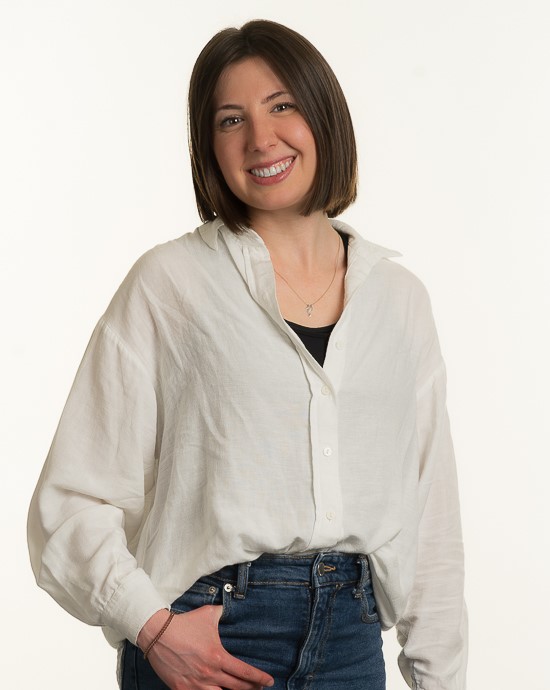
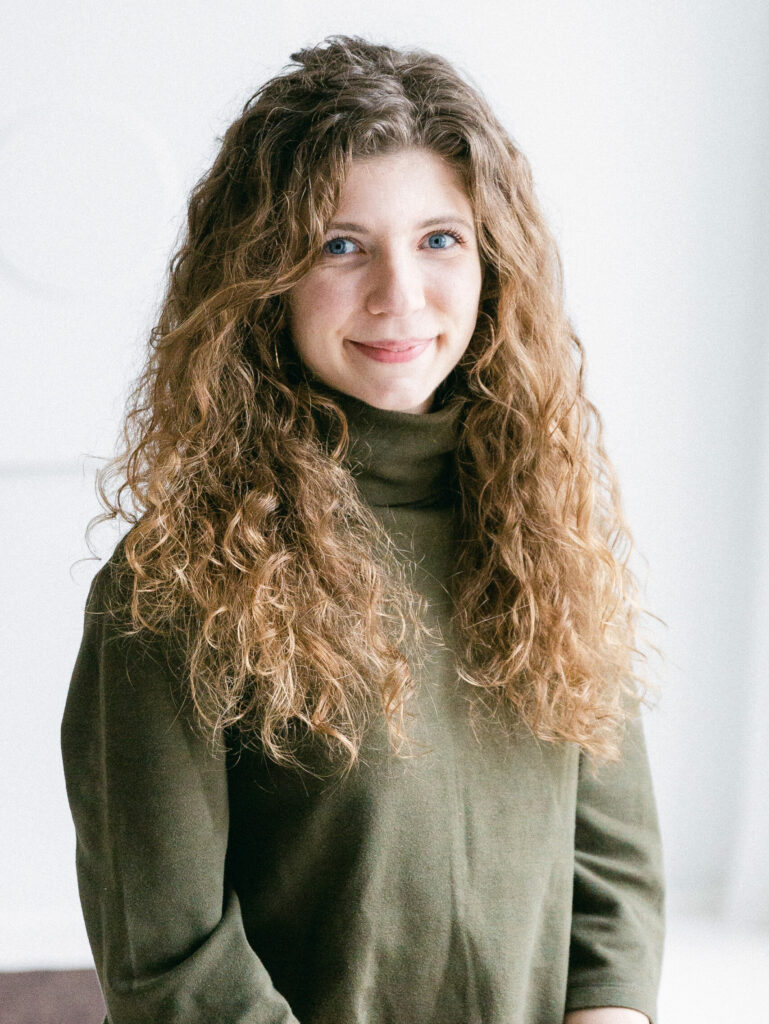
Karolina graduated as a physiotherapist from Hungary’s leading medical institution, Semmelweis University, in 2022 in Budapest. She completed her MSc at UCL in children’s health in 2023.
During her Bachelor’s degree, she received a scholarship for carrying out research in the field of paediatrics. She focused on the rehabilitation of the first baby who received gene therapy in Hungary for Spinal Muscular Atrophy, a rare genetic disease affecting the musculoskeletal system. During her studies, she spent a considerable amount of time on Covid-19 hospital wards taking care of patients as a volunteer and learning about how respiratory diseases could affect the musculoskeletal and neurological systems.
Besides completing her core rotations in each area within physiotherapy during her Bachelor’s degree, she gained further experience in the treatment of different muscoloskeletal problems, such as back pain, sprain injuries or tendonitis. Specifically, being a dancer herself, she is interested in working with dancers of all kinds and other performing artists.
After the pandemic, she continued her volunteering job on a paediatric rehabilitation ward in one of Budapest’s most prestigious children’s hospitals. There, she saw a wide variety of cases ranging from motor development delays, rare genetic diseases, and neurological dysfunctions to traumatic injuries, oncological cases, and psychological disorders.
After earning her physiotherapist degree, Karolina received a full scolarship to study MSc Infancy and Early Childhood Development at University College London, where she further specialised in the field of paediatrics. She learnt about young children, their development and how to best support their health at Great Ormond Street Institute of Child Health. Over the course of her studies, she became interested in mothers’ well-being as well. That is why she researched postpartum physical activity and its effect on mothers’ health as part of her degree. She gained knowledge on the specificities of birth and the postnatal period, with a special focus on rehabilitative exercise. During her MSc, she also learnt about the evidence-based physiotherapy of the pelvic floor.
Karolina is an Infant Massage Instructor, a dancer and an enthusiast of babies’ and their mothers’ health and well-being. She is an HCPC-registered physiotherapist, and a member of the CSP and APCP.
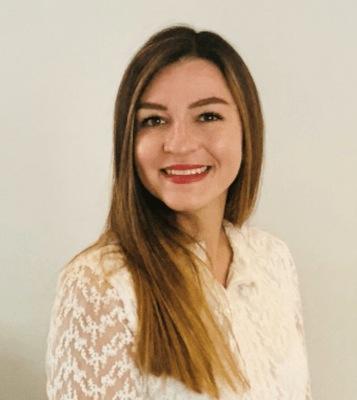
Specialized in Sports Physiology and Perineal Rehabilitation Mathilde graduated from the CHU Grenoble Alpes physiotherapy school.
During her apprenticeship, she developed interests in areas such as athlete monitoring and rehabilitation, perineal rehabilitation as well as pediatrics. Areas that she continued to explore within her practice in various firms in Grenoble, then in Paris.
Between 2015 and 2017, she gained experience in the sports world:
By following the women’s Rugby team in Grenoble (cadets then team 2) as a physiotherapist in the pre, during and post match.
On reputable trails and Iron man, as a student and then as a physiotherapist, during the Ultra Trail du Vercors (2 years), the Embrunman (3 years) or the Ultra Trail des 4 Massifs (UT4M).
In Grenoble offices specializing in post-surgical rehabilitation, rehabilitation of skiers and high mountain athletes.
Strongly committed to the rehabilitation of top-level athletes, Mathilde completed her research thesis on the theme of preventing musculoskeletal risks in young dancers in classical dance. His research led him to develop an information and prevention website for classical dance: “Dance your health!”.
It is in this perspective that she wished to prepare a master’s degree in Engineering for Health and Medicines (ISM) by participating in a scientific project conducted with the Opéra Garnier in Paris, “classical dance and cardio respiratory endurance. “.
At the end of 2017, she left the Alps for the capital with a view to developing the field of perineal rehabilitation. She is trained in the perineal file of B. de Gasquet (assessment approach, education, prevention and rehabilitation of the perineum integrating protection of the spine and maintenance of a harmonious abdominal tone) but also other fields such as respiratory physiotherapy in infants. which she practices in a cabinet in Versailles.
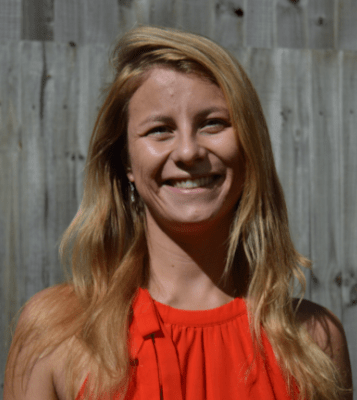
Elodie graduated from the masso-kinesitherapie training institute in Besançon (France) in June 2010.
The same year, she obtained her university diploma in ethics (medical work in multidisciplinarity and management of difficult cases).
Following her diploma, Elodie continues to train and specialize in women’s care.
In 2011, she obtained a diploma in perineal re-education (manual practice and with equipment for perineal re-education), then a diploma in abdominal gymnastics that did not generate pressure (Gasquet method).
At the same time, she also follows the ABDO-Mg training of Luc Guillarme to prevent hyper-pressures on the perineum and abdominal diastasis.
She then continued with a diploma in K-taping in the context of women in pre and post partum but also in the context of sportsmen.
Discovering the limits of traditional physiotherapy, Elodie trained in manual therapy specializing in women’s care from 2011 to 2013.
Then trained in lymphatic drainage thanks to the Schiltz method.
In 2012, Elodie also pursued a university degree in pelvi-perineology at the University of Lyon as well as a diploma in respiratory physiotherapy at SUK in Paris.
Since 2012, Elodie has continued to train (about twice a year) in order to follow the evolution of techniques and participates in numerous conferences.
In 2014, she became interested in perineal pain and participated in 2 trainings in London and Paris on their subject.
In 2015, Elodie refocused on pregnant women and their problems, preparing for childbirth and carrying in a sling.
Lately, Elodie has trained in sports and abdominal or perineal problems caused by sport.
Elodie is an active member of the international society for rehabilitation in pelvi-perinology.
She has also given numerous interviews in French and English magazines:
Elodie worked for 4 years in France in practices located in Besançon and Lyon, specializing in women’s care and pediatrics.
Then, for 3 years, Elodie worked in a London firm also specialized in these same fields.
Perineal rehabilitation and more generally everything related to pregnancy and women’s health are areas that Elodie is very passionate about. She invests a lot in these treatments and always pushes the deepening.
Elodie also has significant knowledge in pediatrics (neuromotor delay, orthopedics and traumatology) and privileged contact with children.
Elodie is a Physiotherapist, HCPC registered, covered by most insurances.
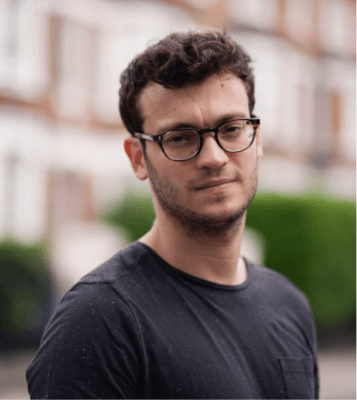
In 2010, Virgil graduated from the physiotherapy institute of Charleroi in Belgium.
The following year, he added a master’s degree in physiotherapy as such.
Tired of the Belgian climate, he decided, thereafter, to practice in Spain and in the south west of France, specializing in 3 areas: Sports physiotherapy, care of women and pediatrics. He works within different structures: With Marcel Cauffriez , specialist in hypopressive gymnastics (very famous in the postnatal field and in the care of women)
In 2012, Virgil moved to London, not only to practice his profession as a physiotherapist in a new culture and discover a different approach to his profession, but also to obtain a master’s degree in Osteopathy at the very famous British school of osteopathy will graduate in 2014.
At the same time, Virgil continues to train in new areas:
In parallel with his patients, Virgil still continues his research mainly focusing on the sitting posture and now teaches in Belgian training institutes.